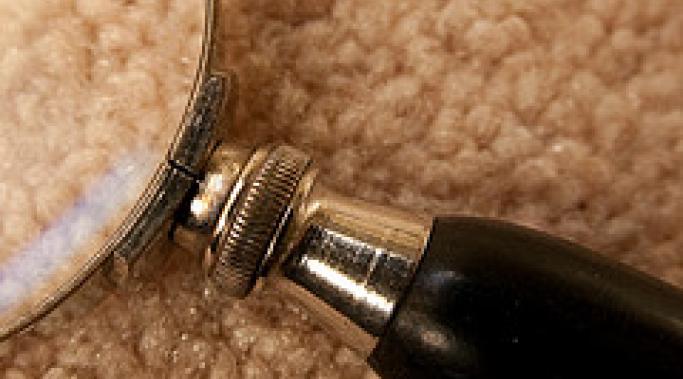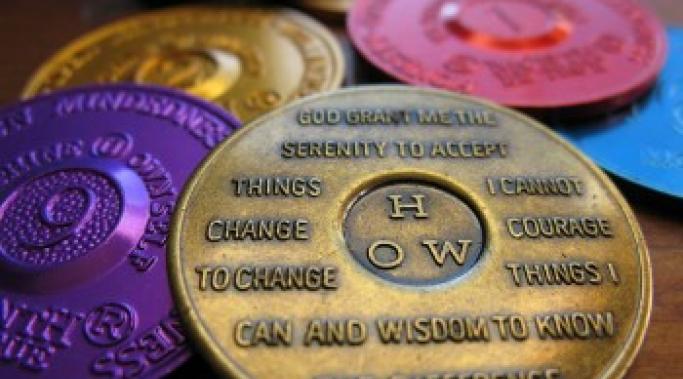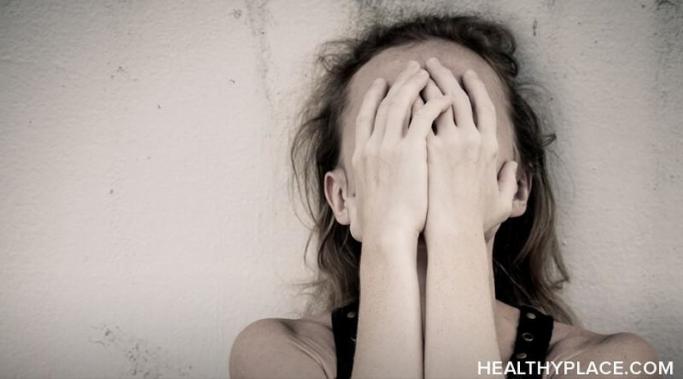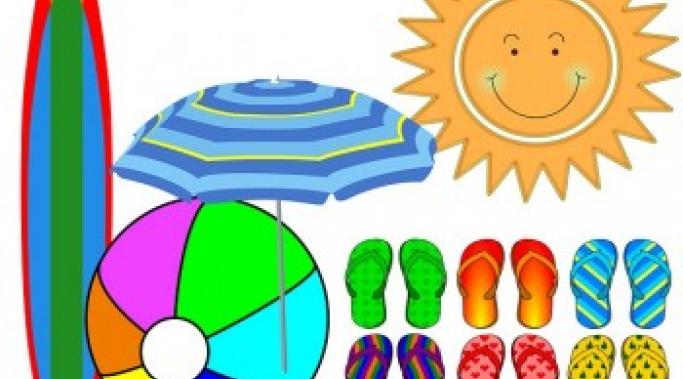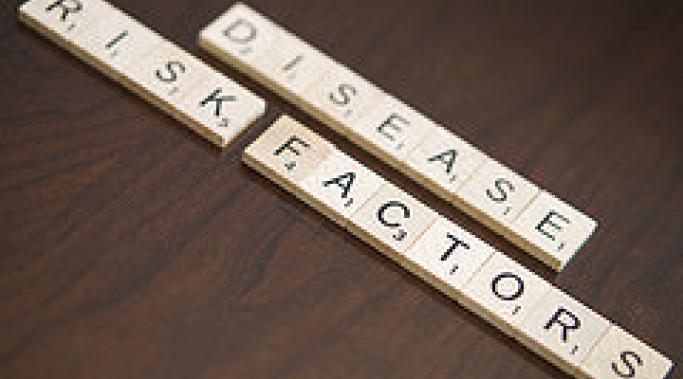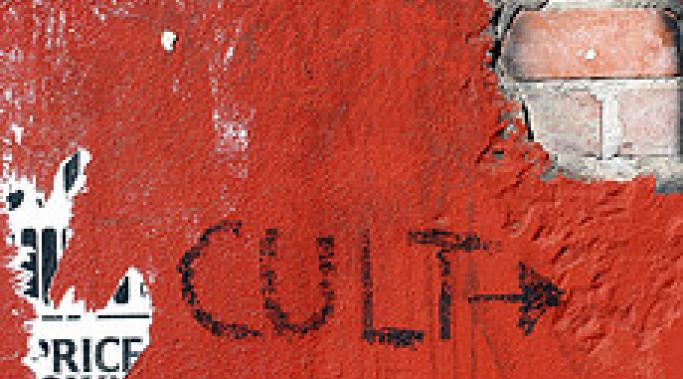I have learned lessons from the deaths of recovering addicts. I have found grief around death to be especially difficult when the loss is of another recovering addict. I think this is because of the understanding, compassion, and support that is shared between recovering alcoholics and addicts. In my experience, these friendships seem to be the most profound and deeply rooted -- more so than any other relationships.
Long after the shock and hurt have subsided, I am left to sift through my memories of the recovering addict to try and find meaning in the trauma of their death. Here are three things I have learned from watching recovering addicts and alcoholics die.
Addiction Recovery
Therapists and counselors use specific addiction diagnostic criteria when considering alcoholism or addiction in their clients. However, they only know as much as you, the patient, tell them. Therefore, you are really the only person who can determine whether or not identifying or diagnosing alcoholism is appropriate for you (take the Alcoholism Test).
Alcoholics Anonymous (AA) and Narcotics Anonymous (NA) both emphasize clean (or sober) dates and time: but does this focus of addiction recovery programs harm or help group members? This question necessarily wanders into the perennial debate around abstinence versus moderation in addiction recovery. So, is clean time in alcoholics and narcotics anonymous helpful or harmful?
Amy Winehouse, an alcoholic, lacked a social support system near the end of her life, according to a recent documentary about the ill-fated singer and songwriter. After watching the revealing and very sad, Amy, last week, I am reminded how critical it is for struggling alcoholics and addicts like Amy Winehouse, to surround themselves with a quality support system (Importance of Drug Addiction Support).
Forgiving yourself for embarrassing drunken behavior can be tough. Being drunk is one of the most common reasons behind people embarrassing themselves or being stupid. It’s pretty safe to assume that if you have been drunk, you have embarrassed yourself in some small, minor way. And if you’re an alcoholic, you might have some pretty epic stories of nights that ended in a major embarrassment to you or someone else. In some instances, those stories are laughable and can be shaken off or simply shared in jest. In other situations, these are the ghost and horror stories of our drinking days: embarrassing drunken nights never to be admitted or acknowledged in any way because the shame and embarrassment was too great. Embarrassing drunken stories that fueled me to drink more. If I drank more, it would be easy to forget my shame. It took me a long time to forgive myself for my embarrassing drunken behavior.
What kinds of summer fun can you have in sobriety now that the hot weather is here? For many people, the thought of summer also brings romanticized notions of cold beers or getting closer to nature with the help of marijuana. After eight years clean and sober, I've learned that there is nothing I did while drinking that I can't do in sobriety. Summer fun in sobriety is entirely possible.
The alcohol addiction disease model is a divisive concept between those who see drinking as a choice and those who believe alcoholism relieves an individual of the willpower to resist alcohol. This is even a dividing line between addiction recovery programs LifeRing and Alcoholics Anonymous. It has been my personal experience, that when active in my addiction, my actions did not align with my moral code. When drunk, I did things I have no recollection of deciding. Furthermore, I cannot count the number of times I have heard a recovering alcoholic say, "I always swore I would never ______, but I did that when I was drunk." To me, this is evidence enough that after I take my first drink, the disease takes control of my brain and I lose any control or willpower I had against alcohol. My alcohol addiction is a disease.
Is it possible to have fun in sobriety? Once you get sober, you'll never have fun again, right? Leading a boring, sad life is a major fear for many problem drinkers that discourages them from seeking a program of recovery. But the myth that sobriety is dull is completely inaccurate. Here's how you have fun in sobriety.
Potentially addictive or harmful qualities of addiction recovery programs are the source of heated debates across the country. One main debate is whether or not addiction recovery programs are more harmful than they are helpful. For instance, I was recently asked, "If addicts can become addicted to anything, doesn't that also apply to recovery groups?"
Alcohols or drug-related dreams can be disturbing for those in addiction recovery, but what do these dreams actually mean? If you use drugs or alcohol in dreams, what does that mean for your addiction recovery?

